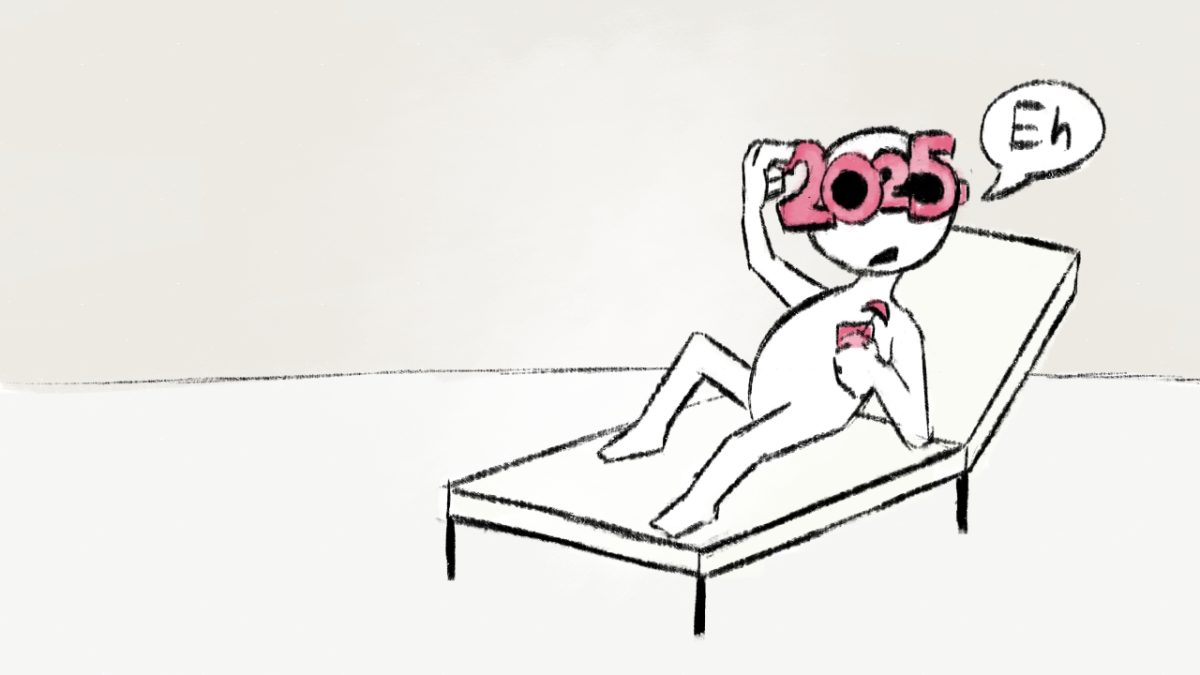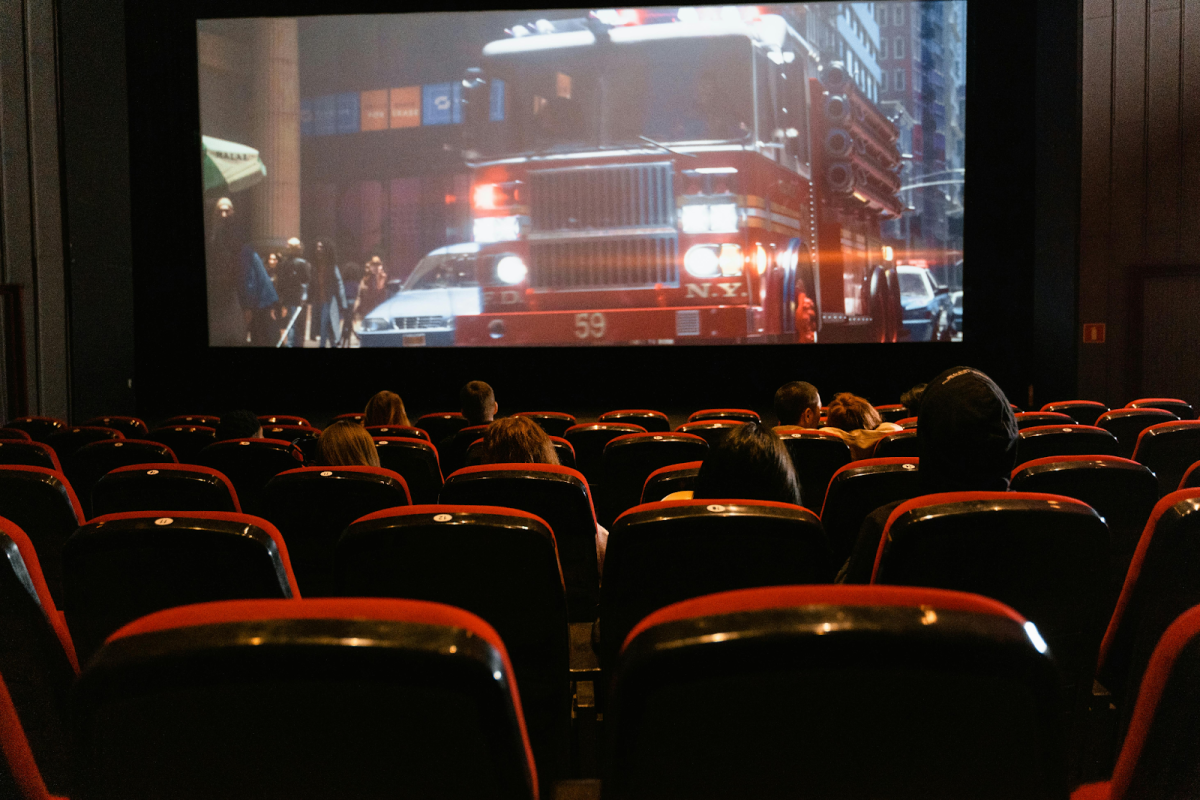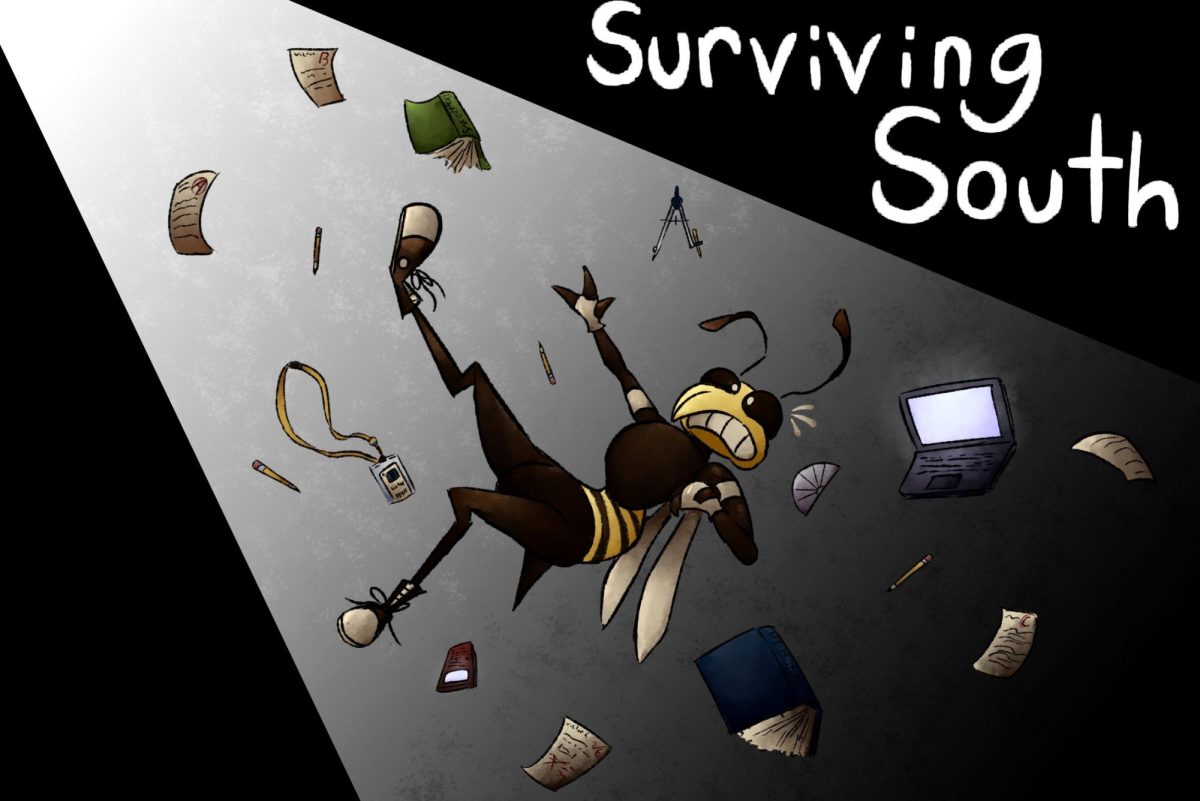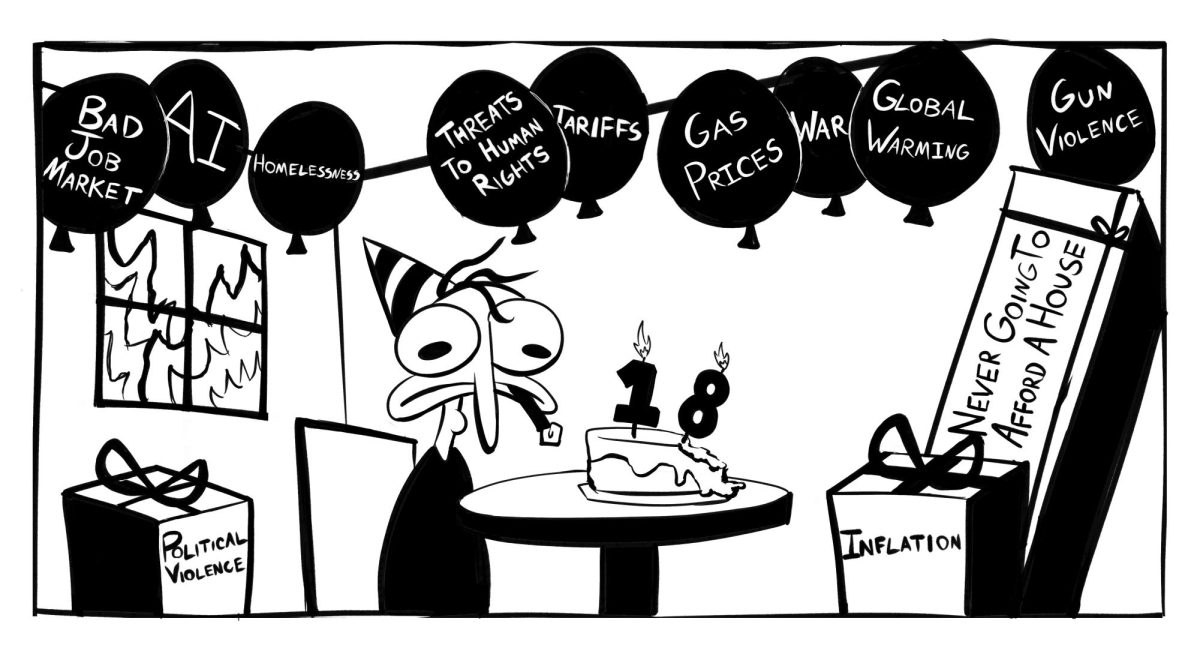Just over a month ago, millions of people worldwide stayed up late, celebrating with their loved ones and cheering as the clock struck 12:00 a.m. Many of these people set goals for themselves that they are hoping to achieve in this new year in hopes of improving themselves. This is what we know as New Year’s resolution. While certainly a great idea in theory, I for one don’t believe in resolutions, and I would actually argue that New Year’s resolutions do more harm than good.
The most blatant issue with New Year’s resolutions is that people set themselves up for failure. They make goals for themselves that are much too large for them to ever realistically accomplish. It’s certainly easier talking yourself up when formulating a resolution than actually acting on those goals. Think of the people saying that they’ll start going to the gym every single day when they used to only go once a week and the people saying they’ll never eat take-out again when they used to eat it consistently. It’s just unrealistic, and these people find themselves having already failed their goal just a few weeks into the new year. Since people fail so early into the year, they completely lose the motivation to work towards their goal. In more serious cases, these people end up working backwards in their self-improvement journey. They feel so bad about their failure that they can even fall into a depression. This is completely counterproductive and it would have been better if these people never made resolutions in the first place.
Another reason why New Year’s resolutions almost never work out is that people don’t seem to understand the purpose of them. While yes, the goal is to ultimately improve yourself and “become a better you,” people take this the wrong way. Instead people make resolutions into a sort of game or challenge. Instead of simply being more mindful of their life and the choices that they are making, people become way too competitive and push themselves past their breaking point, much farther than they can handle. This ultimately leads to failure as, in a competition with yourself, you will always lose.
People also don’t consider that, even if they do everything in their power to achieve their resolutions, the world might not give them that opportunity. Especially in recent years, the world has been so unpredictable and unforgiving. Even if you try everything you can to achieve your resolution, we are unfortunately in way less control than we think. Just a few years ago the whole world shut down due to the pandemic, meaning that common resolutions like “going to the gym more” and “getting out more” were impossible. While I certainly don’t hope that this ever happens again, we simply can’t guarantee that. This might not be the comeback year we all are wanting. Anything can happen this year that can prevent us from completing these resolutions and it can feel awful to the people who made an honest effort.
Due to these resolutions, I personally don’t make New Year’s resolutions any more, and I don’t know many people that do. While yes, there are parts of my life that I want to improve, I’m going to let that happen naturally. Resolutions cause too much stress, and I don’t want to feel like a failure or fall into a depression when the whole goal was to improve myself. It hurts seeing other people so down on themselves for failing a challenge that they themselves created. However, if you find resolutions a good motivator for you to improve yourself, then by all means, go ahead! Just be sure to consider these points and to not let a failed resolution ruin you. This new year is a fresh start to all, and I hate to see people getting so worked up over a simple goal they set for themselves. But, whether you achieve your resolutions, completely fail them, or never set any in the first place, I hope you’re having a great start to 2025.














